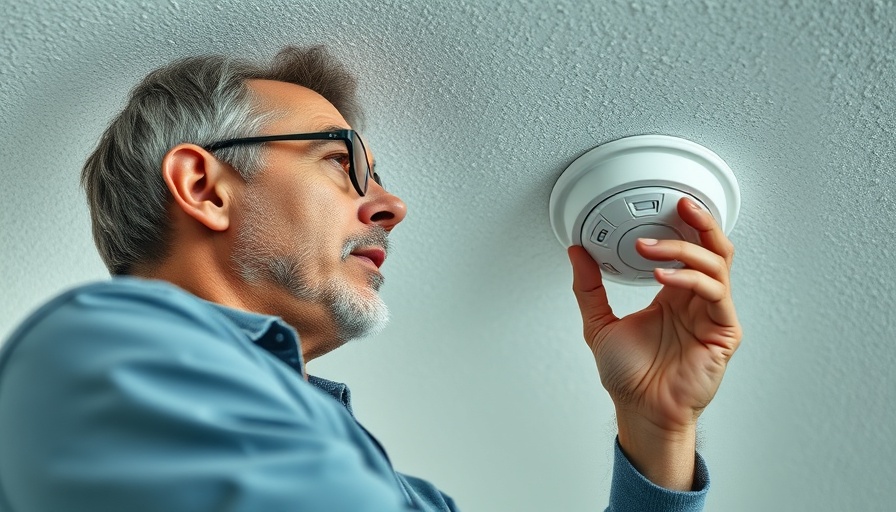
Why Your Smoke Alarm Might Be Going Off for No Reason: Insightful Solutions for Homeowners
Beep. Beep. The high-pitched wails of a smoke alarm can quickly transform from a signal of safety to an annoying disruption. If you've experienced your smoke alarm blaring without a fire in sight, you're not alone. As a homeowner, understanding the reasons behind these inconvenient alerts can save you from frustration—and potentially keep you safe.
Understanding the Basics of Smoke Alarms
Smoke alarms do not detect fire; they detect smoke. As Kevin Feak, a licensed fire protection engineer, points out, “A smoke alarm is designed to activate upon sensing smoke,” providing a critical warning to prevent fire-related tragedies. However, their sensitivity can also lead to unnecessary alarms if not correctly placed or maintained.
Common Culprits Behind False Alarms: What You Need to Know
Don’t brush off a smoke alarm that goes off unexpectedly. Knowing the common causes can help you troubleshoot effectively:
- Location Matters: Placing smoke detectors near kitchens or bathrooms might trigger alarms due to cooking fumes or steam from hot showers. If your alarm is within 10 feet of cooking appliances, consider relocating it to avoid nuisance alerts.
- Humidity and Steam: High humidity can confuse smoke detectors. Steamy air carries dense water particles that can scatter light beams or stick to ions within your smoke alarm, leading them to mistakenly signal an alert.
- Dust and Insects: Over time, dust accumulating inside the alarm can trigger false readings. Regularly clean your smoke detectors. Additionally, insects can interfere with sensors by blocking the mechanisms that detect smoke.
- Low Batteries: A chirping sound can indicate your smoke detector needs new batteries. Check them at least twice a year to ensure your smoke detectors are operational.
Smart Solutions for a Calm Home
To avoid frustrations with false alarms, consider these practical steps:
- Regular Maintenance: Clean your smoke detectors yearly, removing dust and checking for insect intrusions. This simple practice can enhance their efficiency and longevity.
- Proper Placement: Follow safety guidelines to ensure your smoke detectors are positioned where they're most effective, ideally 10 feet away from cooking areas and away from excessive humidity.
- Upgrade to Smart Detectors: Consider investing in newer models that minimize false alarms and offer smartphone notifications for added convenience.
Ultimately, smoke detectors are essential to home safety, and understanding their workings will empower you as a homeowner. If issues persist despite troubleshooting, consult a professional to inspect your smoke alarm system. If you're uncertain whether your detectors are up to snuff, take the initiative to ensure fire safety within your household.
 Add Row
Add Row  Add
Add 




Write A Comment